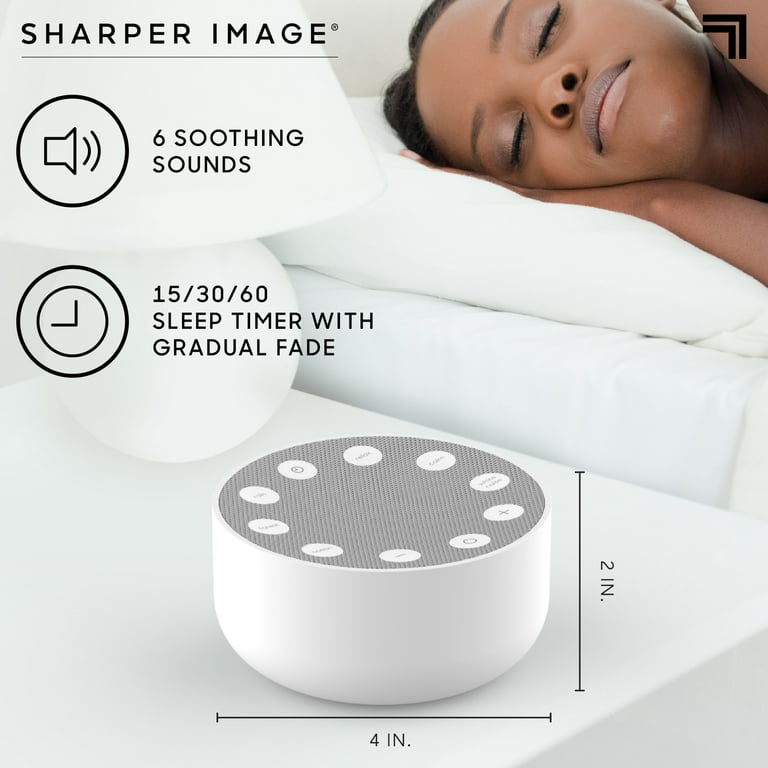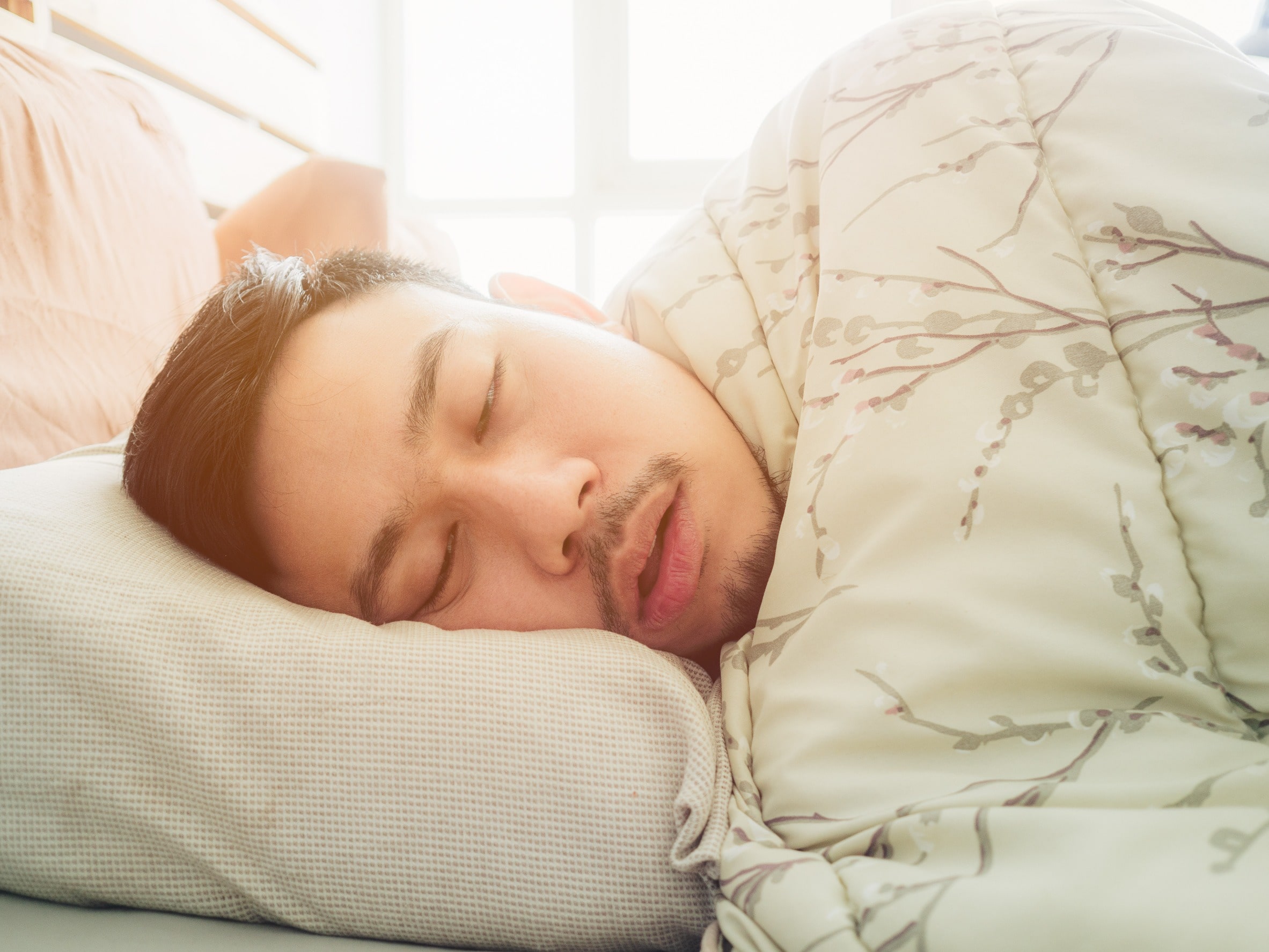Effective Treatment Solutions for Managing Sleep Disorders and Enhancing Restful Sleep
In the world of health care, the monitoring of rest disorders and the quest for restful sleep are critical parts of general well-being. As we browse the detailed landscape of sleep conditions and look for to boost our sleep experience, a deeper understanding of these treatment remedies may hold the secret to unlocking a much more refreshing and fulfilling restorative trip.
Cognitive Behavior Modification for Sleep Problems (CBT-I)
Cognitive Behavior Therapy for Sleep Problems (CBT-I) is a structured, evidence-based treatment method that concentrates on addressing the hidden factors adding to rest disruptions. This sort of treatment intends to customize actions and ideas that aggravate sleeping disorders, ultimately promoting healthy rest patterns. CBT-I usually involves a number of key components, consisting of cognitive treatment, sleep constraint, stimulation control, and rest hygiene education and learning.
Cognitive therapy assists people recognize and alter adverse thought patterns and beliefs regarding rest that may be preventing their ability to drop or remain asleep. Sleep limitation entails limiting the quantity of time invested in bed to match the individual's actual sleep period, thus raising sleep efficiency (insomnia therapy). Stimulus control strategies aid develop a solid organization between the bed and sleep by encouraging people to visit bed only when sleepy and to stay clear of taking part in boosting activities in bed
Additionally, rest health education concentrates on developing healthy sleep routines, such as maintaining a regular rest timetable, developing a relaxing bedtime regimen, and enhancing the rest setting. By dealing with these variables comprehensively, CBT-I supplies an effective non-pharmacological treatment for handling sleep problems and boosting overall sleep top quality.
Sleep Hygiene Practices
Having actually developed the foundation of cognitive restructuring and behavior adjustments in addressing insomnia through Cognitive Behavior modification for Sleeplessness (CBT-I), the emphasis currently changes in the direction of discovering essential Rest Health Practices for preserving optimum rest high quality and overall wellness.
Rest hygiene techniques encompass a series of behaviors and ecological aspects that can considerably influence one's ability to drop asleep and stay asleep throughout the evening. Consistent rest and wake times, creating a relaxing going to bed regimen, and optimizing the sleep environment by keeping it dark, silent, and cool are essential parts of excellent rest health. Limiting direct exposure to screens prior to going to bed, preventing energizers like high levels of caffeine near to bedtime, and participating in regular physical task throughout the day can additionally promote far better sleep quality.
In addition, practicing relaxation methods such as deep breathing workouts or meditation before bed can assist soothe the mind and prepare the body for sleep. By incorporating these sleep hygiene techniques into one's day-to-day routine, individuals can establish a healthy and balanced sleep pattern that supports peaceful rest and total well-being.
Relaxation Strategies and Mindfulness
Implementing leisure strategies and mindfulness methods can play a crucial role in fostering a sense of calm and promoting quality rest. Additionally, directed imagery can help deliver individuals to a calm place in their minds, helping in stress and anxiety reduction and enhancing rest high quality.
By incorporating these techniques continue reading this into a bedtime routine, individuals can signal to their bodies that it is time to prepare and unwind for sleep. Overall, integrating relaxation methods and mindfulness practices can considerably contribute to handling rest disorders and improving general sleep top quality.

Medication Options for Sleep Disorders
After exploring leisure methods and mindfulness methods as non-pharmacological interventions for enhancing sleep high quality, it is vital to consider medication alternatives for individuals with sleep conditions. In situations where way of life adjustments and treatment do not provide enough alleviation, medication can be an important tool in managing sleep disruptions.
Commonly recommended medicines for rest problems include benzodiazepines, non-benzodiazepine hypnotics, antidepressants, and melatonin receptor agonists. Benzodiazepines, such as diazepam, are sedatives that can help generate sleep, yet they are usually suggested for short-term use because of the risk of dependence. Non-benzodiazepine hypnotics like zolpidem are also made use of to deal with sleep problems and have a reduced danger of reliance compared to benzodiazepines. Antidepressants, such as trazodone, can be useful for individuals with co-occurring depression and rest disruptions. Melatonin receptor agonists, like ramelteon, target the body's natural sleep-wake cycle and can be helpful for controling rest patterns.
It is essential for people to seek advice from a doctor to identify the most ideal medication alternative based upon their particular rest condition and case history.
Light Treatment for Circadian Rhythm Law
Light therapy, also known as photo-therapy, is a non-invasive therapy approach utilized to control body clocks and enhance sleep-wake cycles. This treatment entails exposure to brilliant light that resembles natural sunshine, which helps to reset the body's inner clock. By revealing individuals to certain wavelengths of light, typically in the morning or evening depending on the desired impact, light therapy can efficiently change the circadian rhythm to promote wakefulness during the day and boost relaxing rest during the night.
Study has shown that light treatment can be specifically beneficial for people with body clock problems, such as delayed rest phase syndrome or jet lag. It can additionally be helpful for those experiencing seasonal affective disorder (SAD), a kind of clinical depression that commonly happens during the cold weather when natural light click to read direct exposure is lowered. Light treatment is generally well-tolerated and can be used combined with various other treatment methods for sleep disorders to maximize end results and enhance general rest quality.
Verdict
In verdict, reliable treatment remedies for managing rest problems and improving restful rest include Cognitive Behavioral Treatment for Insomnia (CBT-I), rest hygiene methods, relaxation methods and mindfulness, medicine alternatives, and light therapy for circadian rhythm regulation. These approaches can assist people improve their rest high quality and general well-being. It is necessary to consult with moved here a healthcare company to figure out one of the most ideal strategy for addressing rest issues.
As we navigate the detailed landscape of rest disorders and look for to boost our rest experience, a much deeper understanding of these therapy options might hold the key to unlocking a more relaxing and meeting restorative trip.
Rest limitation entails limiting the amount of time invested in bed to match the person's actual rest duration, consequently boosting rest effectiveness. Consistent sleep and wake times, developing a relaxing going to bed regimen, and optimizing the rest setting by maintaining it dark, silent, and cool are vital elements of excellent sleep hygiene. Light therapy is normally well-tolerated and can be made use of in combination with other therapy approaches for rest disorders to optimize results and improve overall rest top quality.
